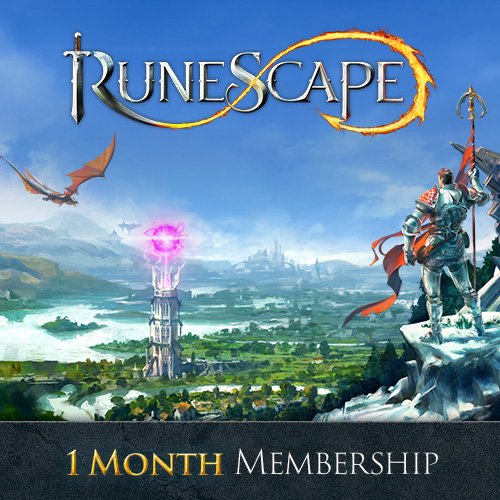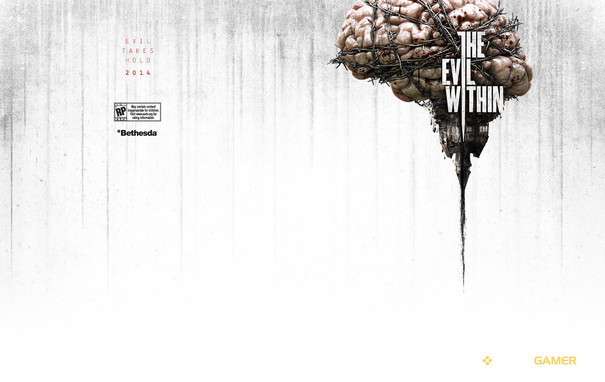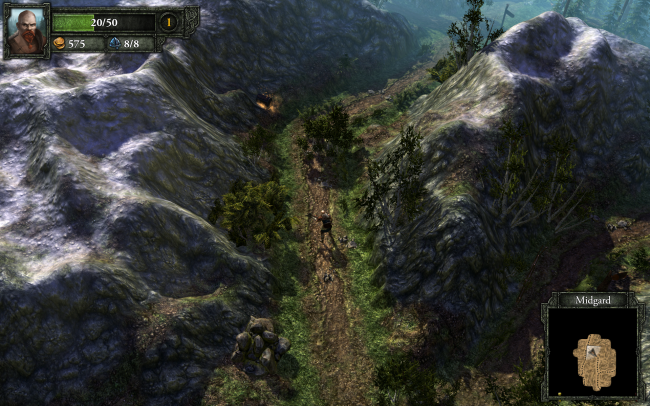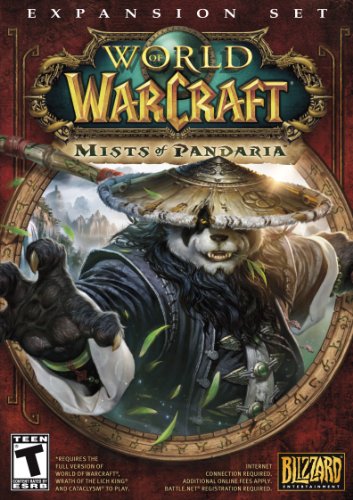

Of course, the secret shame of point-and-click adventures is that most of them weren't very good. In most cases, adventure games took a downright adversarial stance towards players, tricking them with a constant string of "gotcha" moments they couldn't possibly predict. And that's why LucasArts' offerings stand out so far above their competitors: from 1990's The Secret of Monkey Island onward, their games operated under a mission statement that sought to correct the many mistakes of this popular genre.
If you're completely new to this style of game, and wondering where to go after the highly anticipated Grim Fandango Remastered, we've got you covered. Read on, and always remember: LucasArts' 1-800-STAR-WARS hint line was probably disconnected decades ago.
Until fairly recently, the owners of LucasArts' legacy weren't keen on sharing it with the rest of the world, meaning you had to explore the darkest corners of the Internet or pay top-dollar on eBay just to find a copy. While the console space still has a long way to go in terms of making these games available, the PC (unsurprisingly) is still the best place to play LucasArts adventure games. Steam has Loom, both Monkey Island Special Editions, Indiana Jones and the Last Crusade, The Dig, and Indiana Jones and the Fate of Atlantis, while Good Old Games has a few of the aforementioned offerings along with Sam & Max Hit the Road. Conspicuously absent from this list? Maniac Mansion, Zak McKracken and the Alien Mindbenders, Day of the Tentacle (coming soon in remake form), Full Throttle, The Curse of Monkey Island, and Escape from Monkey Island—though you probably won't regret skipping that last one. And if you still have some of your old CD-ROMs sitting around, the SCUMMVM emulator is a safe and easy way to replay these classics on a modern machine.
This isn't an easy question to answer, mostly because tastes vary and some brains may struggle with certain puzzles more than others. But the following three games should give you a taste of what LucasArts adventures are all about.
Monkey Island is essentially the game that began LucasArts' decade-long winning streak—no offense to Maniac Mansion, of course—so it's a great place to start. While the developer would go on to perfect their craft, the first Monkey Island remains a perfectly manageable adventure game that gives players just enough freedom to avoid frustration: If you're banging your head against one puzzle, you always can take a break from it and concentrate your efforts elsewhere on Melee Island. And, if you're new to the genre, the Special Edition's built-in hint system can ease you through a few of the more obtuse puzzles. (Plus you can completely switch to the old graphics if the altered designs aren't your thing.)
It's a little awkward to recommend a game that's essentially unavailable, but, to be fair, this situation will soon change. And while Day of the Tentacle is Tim Schafer's first turn in the director's chair (along with LucasArts peer Dave Grossman), it certainly doesn't feel like a debut effort. This Maniac Mansion sequel retains the three-character system and a few cast members from the original, but that's it: Knowledge of the series' origins isn't at all necessary to enjoy Day of the Tentacle. This time-hopping adventure makes for a great place to start because unfinished puzzles rarely stop your progress completely: Seeing as you control characters stationed in the present, past, and future, you can always jump to and explore one of these other eras if you're stumped. And the way the time travel mechanic plays into the puzzles themselves makes for some of the most logically absurd solutions in an adventure game.
Fair warning: Fate of Atlantis is a little tricker than your standard LucasArts adventure game, but it provides many different approaches for players to take—kind of atypical for the genre. The "Team" path pulls in Indy's pal Sophia Hapgood for support, the "Wits" path provides some especially complex puzzles, and the "Fists" path allows Indy to brute force his way into or out of situations—though the keyboard-based combat leaves something to be desired. Whatever you go with, you're in for a great Indiana Jones adventure that'll make you forget Kingdom of the Crystal Skull ever happened. I assume this is the goal we're all working towards as a society.
If you're not used to the genre, some of its finer points may at first elude you. For those completely new to old-school adventure games, these general hints should serve you well.
Unlike our modern games, LucasArts adventures have no morality system, meaning that if something can be taken, it should be taken. Essentially, grab everything that isn't nailed down, and if it is, find something to remove the nails with. Always remember that all adventure game protagonists are secretly unrepentant kleptomaniacs, and they should act as such.
With their efforts, LucasArts stamped out the number one problem with adventure games: death. The genre was always known for the many creative ways it killed players, forcing them to resort to an old save or restart the game completely. Thankfully, outside of a few isolated and completely obvious instances, death is impossible in LucasArts adventure games, so you never have to worry about snarky dialogue choices causing NPCs to murder you. Even better, you won't be able to eliminate essential items until they're needed, so there's no way to paint yourself into a fail state corner. Push, pull, poke, taste, use, and read every item you come into contact with, and always remember the ones in your inventory can interact with each other as well.
If you see a puzzle without a solution, WRITE IT DOWN—or file it away in your brain if you have a reliable memory. Let's say you run into a character who needs help starting their car; later in the game, you may run into an item or items to help make this possible. Take note of any lingering puzzles you have yet to solve, and keep them in mind as you meet new characters and explore new environments.
While LucasArts games are renowned for their fairness, it's important to remember they were designed during a very different era of entertainment, when people would gladly (well, not always) sit with a single game for weeks or months as they slowly tried every possible option. Seeing as a simple Internet connection is all you need to bring several lifetimes of entertainment into your home, we're understandably a little more selective with how we spend our time in the 21st century. That said, if an adventure game has you stumped to the point of anger, don't let your stubbornness ruin the experience. And, if you'd like a nudge in the right direction rather than an outright solution, the Universal Hint System page is perfect for solving puzzles with dignity. And if you're still stuck, just remember: rubber chickens with pulleys in the middle have some surprising uses.




 The Evil Within
The Evil Within Age of Empires 3 - Act 2 Ice Campaign Walkthrough Guide
Age of Empires 3 - Act 2 Ice Campaign Walkthrough Guide Runemaster: A proper take on Norse mythology
Runemaster: A proper take on Norse mythology Review: World of Warcraft Patch 5.4 Siege of Orgrimmar
Review: World of Warcraft Patch 5.4 Siege of Orgrimmar Dota 2 Academy
Dota 2 Academy